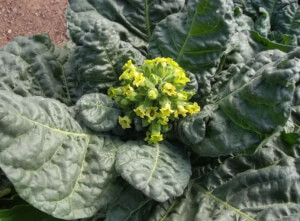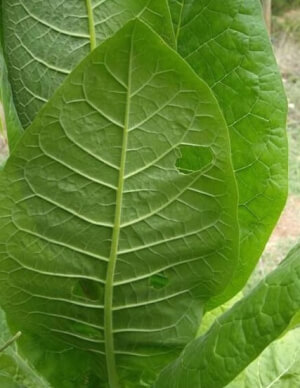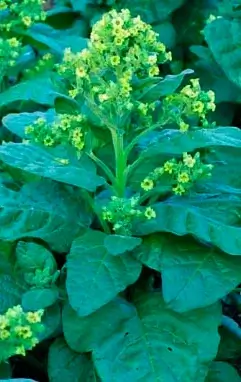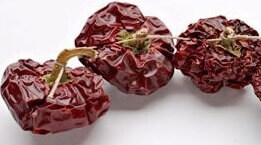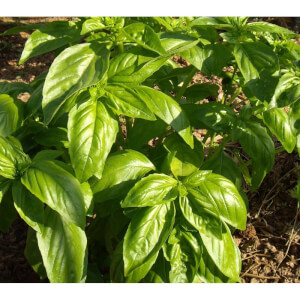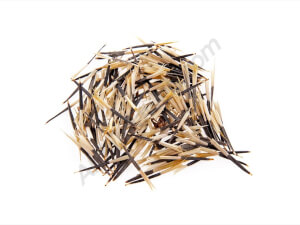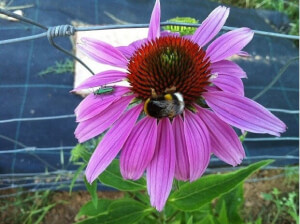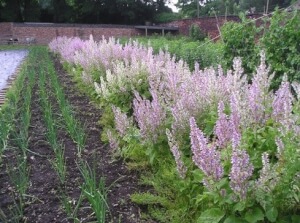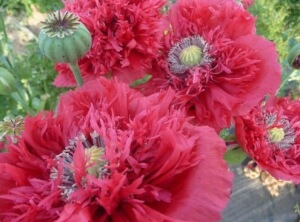What are organic seeds?
When we talk about organic seeds, beyond thinking about something natural, beneficial, or "green," we're referring to a specific agricultural production system. These seeds come from plants grown without chemicals, synthetic fertilizers, or genetic modifications.
In other words, they are seeds grown in balance with nature, using agricultural techniques that prioritize soil health, biodiversity, and environmental regeneration. This model seeks to cultivate not only food, but also awareness, autonomy, and sustainability.
What characteristics do Eco seeds have?
Organic seeds:
- They have not been genetically modified (GMO-free).
- They have not received chemical treatments either during cultivation or processing.
- They come from plants adapted to their natural environment.
- They promote biodiversity.
- They enhance authentic flavors, textures, and aromas.
- They promote sustainable and respectful cultivation systems.
Many banks, such as Les Refardes or Kokopelli, and in some cases Batlle, go a step further: not only do they grow organically, but they also preserve local or traditional varieties adapted to their territory of origin. This translates into healthier, more resistant, vigorous, and productive seeds when grown in conditions similar to their natural ecosystem.
Who are these seeds ideal for?
This category is intended for:
- Hobbyist growers who value natural ingredients.
- Urban and subsistence farmers.
- School or community garden projects.
- Professional farmers who are committed to agroecology.
- People who seek distinctive, tasty foods with a history.
They are especially recommended if you are looking to reduce your environmental impact, or simply grow more ethically and consciously.
What can you find in this category?
Within our selection of organic seeds, you will find:
- Vegetable seeds such as tomatoes, pumpkins, lettuce, onions, carrots, or spinach.
- Seeds of legumes such as peas, broad beans, and kidney beans.
- Seeds of aromatic and culinary plants such as basil, parsley, oregano, and thyme.
- Edible and ornamental flower seeds adapted to chemical-free cultivation.
All of them come from banks committed to ecology, biodiversity, and the rescue of traditional varieties. Their cultivation not only results in healthy food, but also seeds that can reproduce year after year if cultivated respectfully, the vast majority of which are free of reproduction.
Frequently asked questions about organic garden seeds
How do I know if a seed is truly organic?
Organic seeds must be certified by official organizations and come from plants grown without chemicals or genetic manipulation. At Alchimia, we only classify seeds that meet these criteria from the source as "organic."
Can I save the seeds from an organic plant for the following year?
Yes, many organic varieties allow you to save your seed. Avoid hybrids if you want to maintain stable characteristics in future generations.
Can I use organic seeds in a conventional garden?
Of course. Organic seeds can be used for any type of crop, although they reach their full potential when grown without chemicals and in an optimal environment.
Why are local varieties better?
Local or traditional varieties are adapted to their climate, soil, and natural rhythms. This translates into less water or fertilizer needs, and better resistance to environmental pests and diseases.














